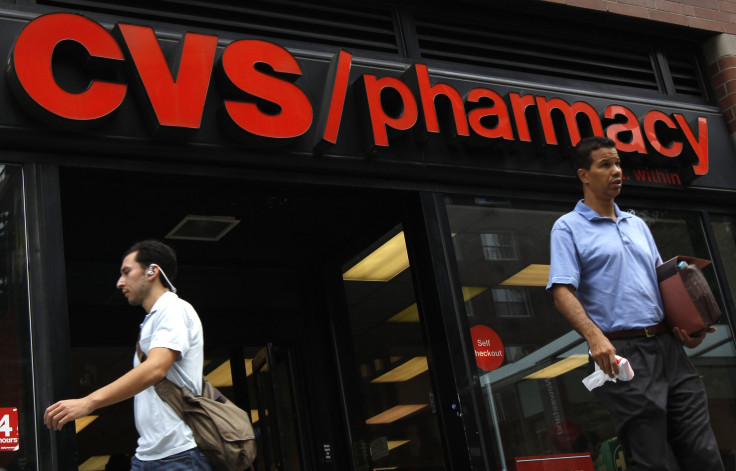Will HealthHUBs Help CVS Survive The Retail Apocalypse?

Thanks to the rise of e-commerce, people no longer need to visit stores nearly as often -- if at all. Nearly anything can be delivered.
Of course, that doesn't mean Americans are going to actually stop patronizing physical merchants. But the ones that thrive in this new omnichannel environment will be the ones that do more than simply sell stuff. Retailers have to give consumers reasons to get off their couches and get into their cars. So chains that offer experiences -- whether they be the treasure hunt aspects of various discount chains or service-driven offerings -- are generally the ones doing the best job of driving traffic to their brick-and-mortar locations.
That is doubtless a major factor in CVS Health's (NYSE:CVS) plan to scale up its new HealthHUBS concept. The company intends to expand the service-driven offering from its current three pilot stores to 1,500 of its nearly 10,000 stores by the end of 2021.
What is a HealthHUB?
CVS has made an effort to market itself as being focused on its customers' health and well being. That's why it stopped selling cigarettes, improved the labeling on the supplements it sells and revamped some of its beauty offerings.
HealthHUBs build on that theme by devoting about 20% of each store to offering healthcare services, among them one-on-one and group counseling with licensed dietitians, and resources to help customers manage chronic conditions. Stores with hubs will also have event spaces for seminars on healthcare issues. And each hub will include a care concierge to help direct customers to the solutions they need.
"Our goal is to fundamentally transform the consumer health experience for the millions of Americans we interact with every day while creating value for our patients, members, partners, and shareholders," said CVS Health CEO Larry J. Merlo in a press release.
Will this work?
One of the key challenges for CVS will revolve around making consumers feel comfortable. Older customers may embrace the idea of addressing more of their healthcare needs in a retail chain that also has walk-in clinics and licensed pharmacists. It may be harder to win over younger ones, who might prefer to take advantage of online offerings instead.
Still, CVS management understands that many Americans lack access to adequate health advice. By creating HealthHUBs, the chain will be able to go beyond simply selling products and enter the business of helping people find solutions. That could be a profitable niche, especially in a health care universe where the folks at the top of the food chain -- doctors -- often may not have the time to comprehensively help patients navigate their concerns.
If CVS can execute HealthHUB well, it could insert itself into how millions of Americans take care of themselves and evolve from a retailer that sells stuff into more of a service provider that offers solutions. That's a much better business to be in at a time when there are a surplus of easy ways to buy anything you'd like, but a shortage of good ways to get the advice you need in order to make informed, deeply personal decisions.
This article originally appeared in The Motley Fool.
Daniel B. Kline has no position in any of the stocks mentioned. The Motley Fool recommends CVS Health. The Motley Fool has a disclosure policy.



















